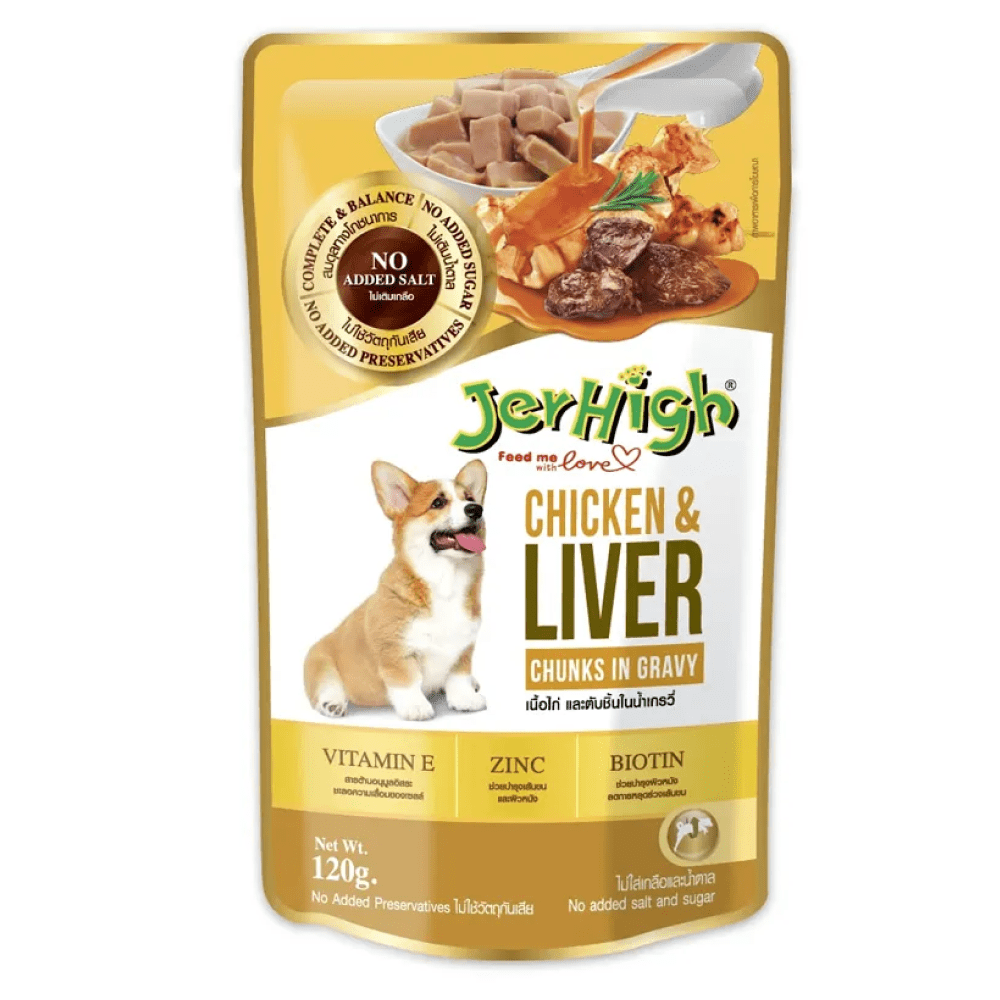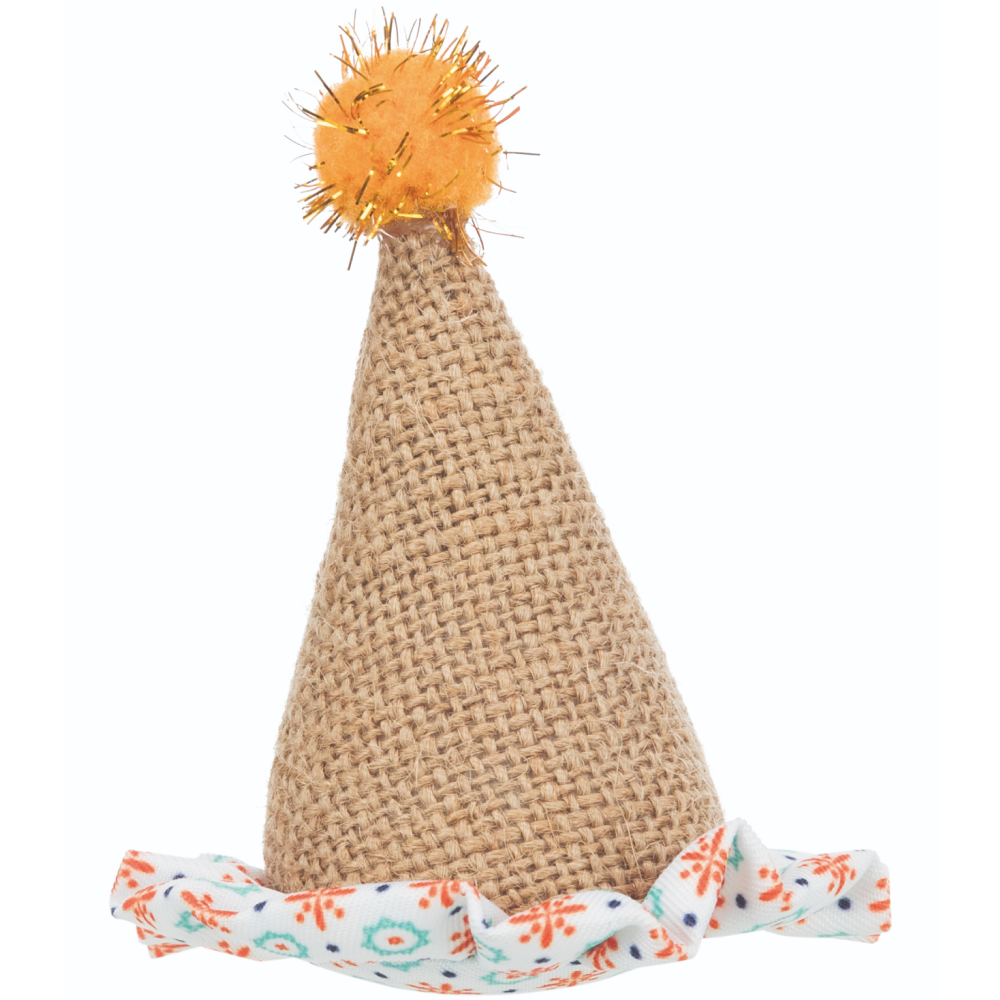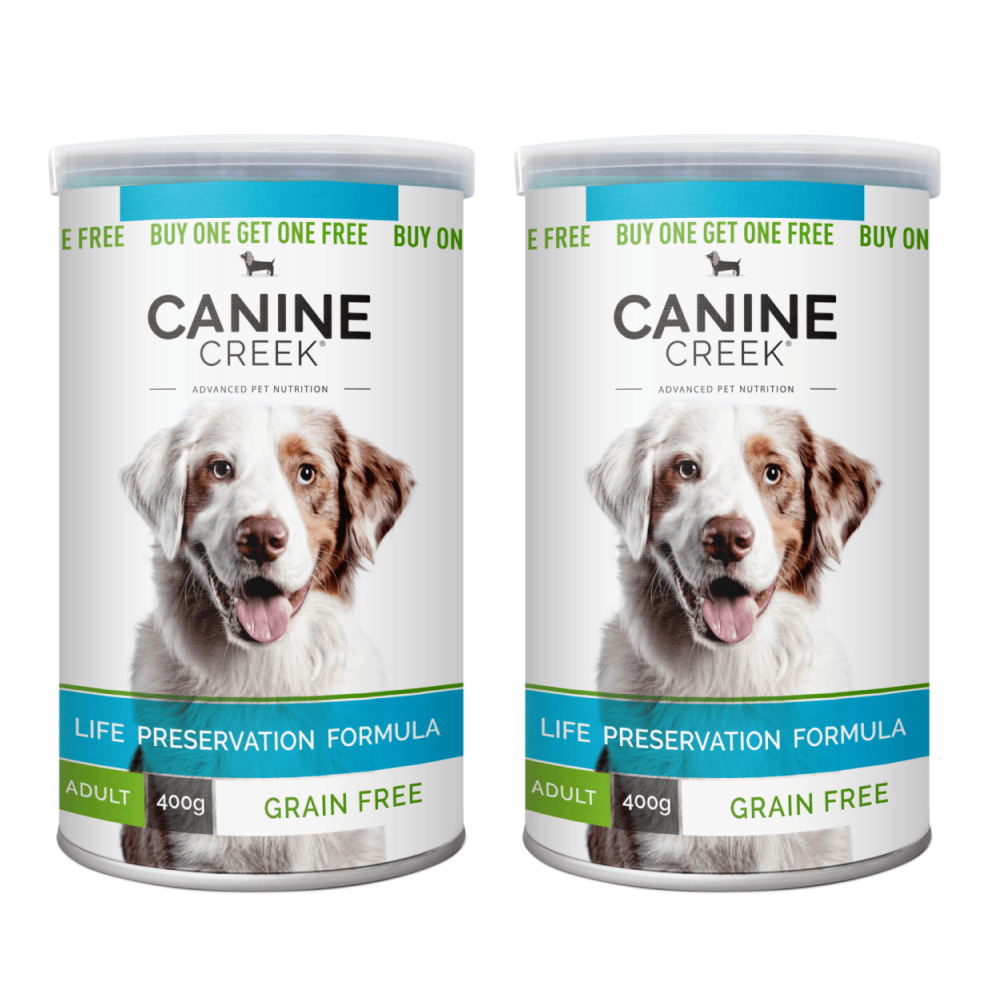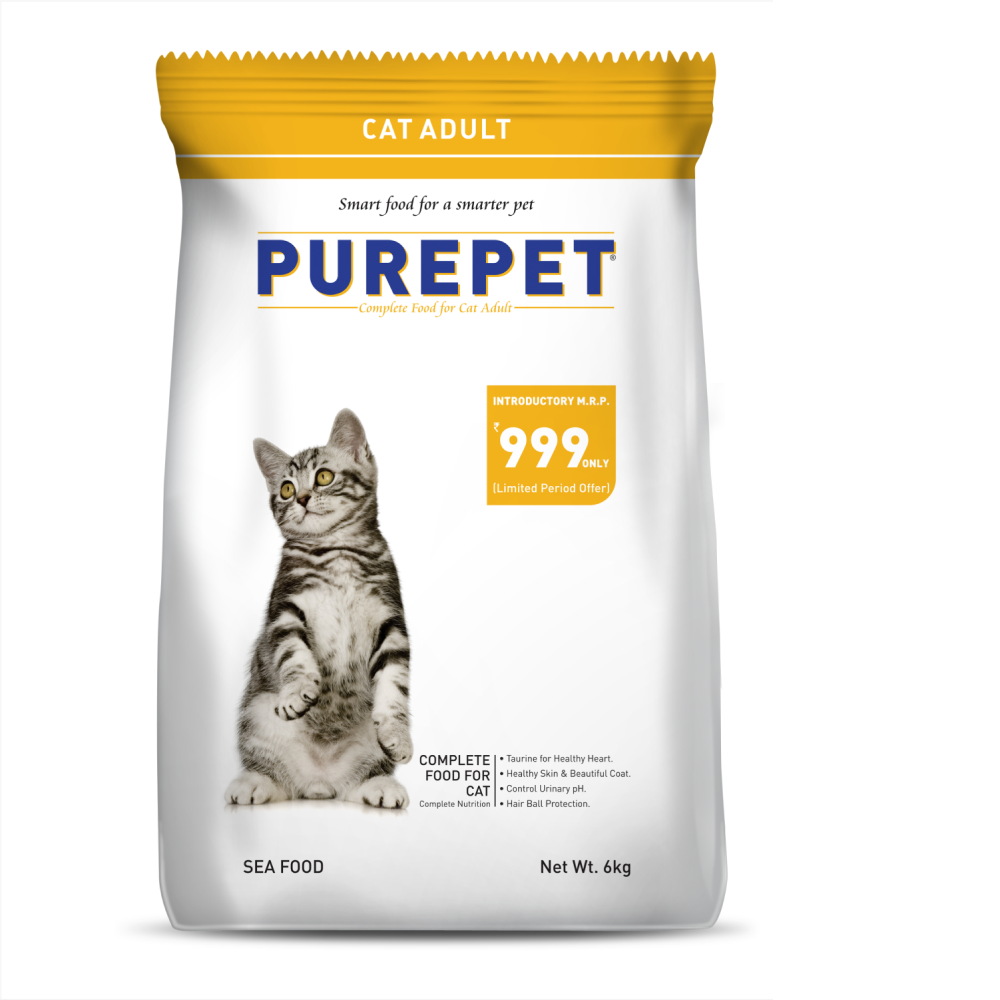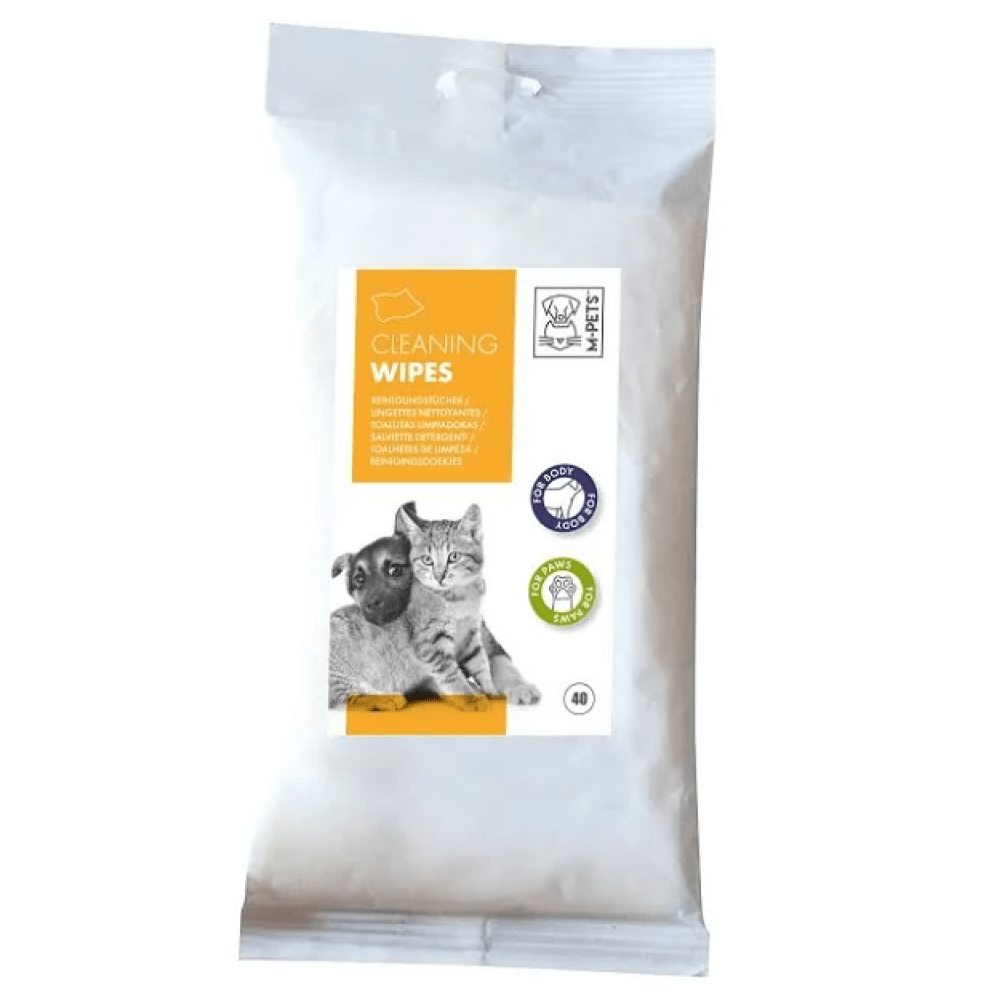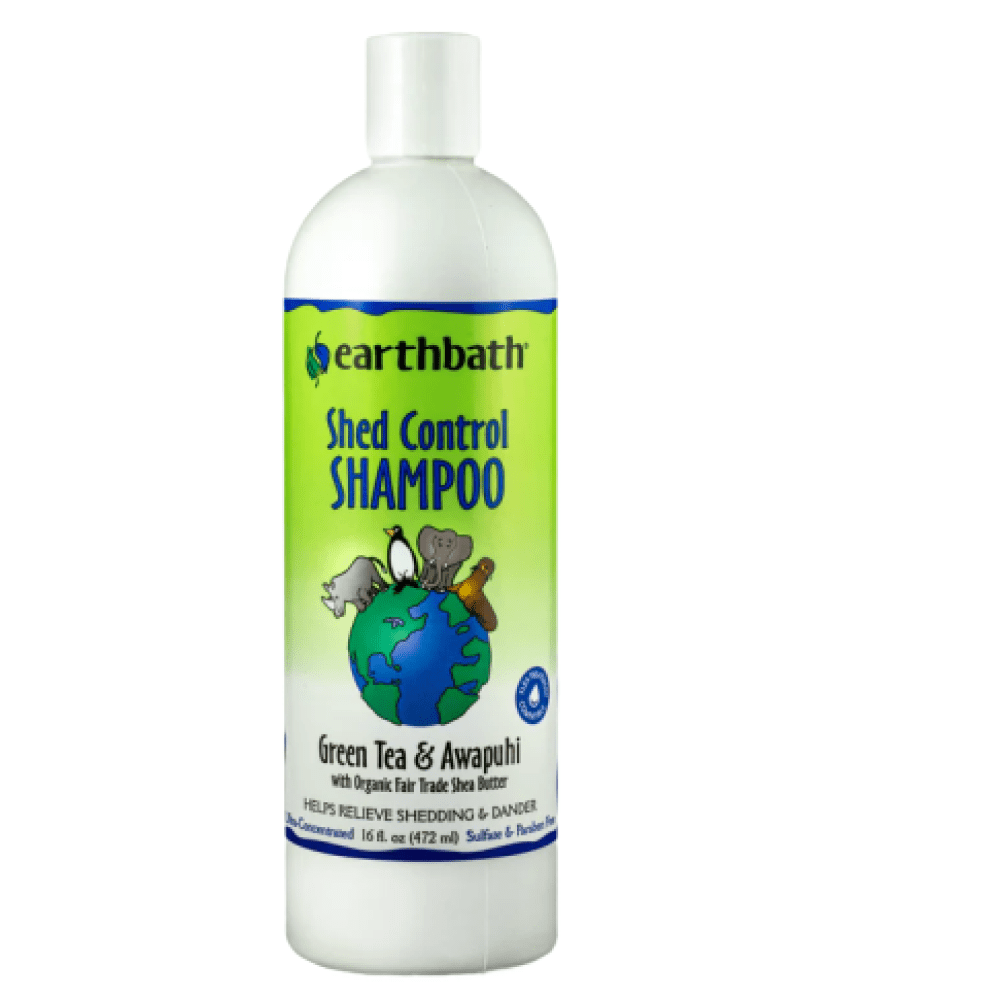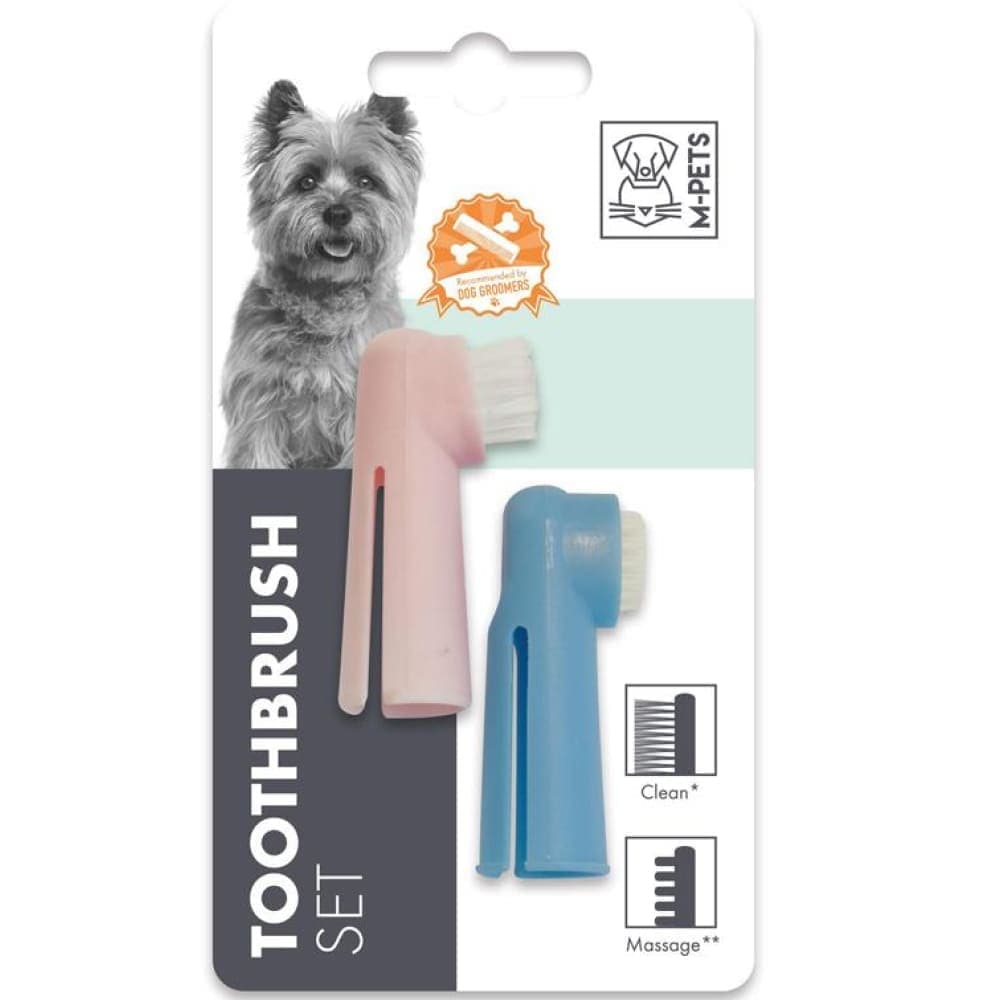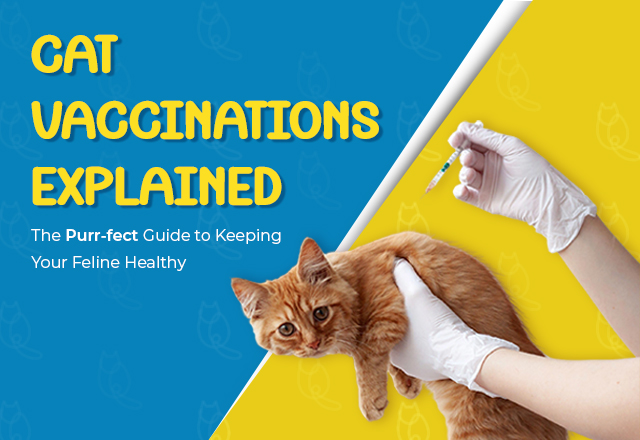
If you have just added a cute kitten to your family or adopted a rescued cat and need guidance for their vaccination, this article is for you. Vaccination for cats is as important as it is for newborn kids. Kittens become vulnerable to deadly diseases when the temporary immunity received from their mother’s milk fades within the first few weeks after birth. Similarly, older cats need vaccine boosters for continued protection from fatal diseases. So, how do you keep your furball safe from life-threatening diseases? Take a look.
Keep reading to learn about the importance of cat vaccines, their mode of action, types of cat vaccines, and vaccination schedule for cats in India:
Why do cats need vaccines?
Cats are vulnerable to various dangerous diseases that are either not curable so far or can cause severe or terminal damage to their health leading to death. Besides, zoonotic cat diseases can also be transmitted to humans and put their lives in danger. It is best, therefore, to get your cat vaccinated to keep them and yourself safe from such grim consequences.
How do cat vaccines work?
A vaccine contains antigens that are infused into your feline’s body when they receive the vaccine shot. These antigens trigger an immune response in your cat’s body without causing the disease. It trains your cat’s body to respond and fight the disease when they get exposed to the true infection.
Types of cat vaccines
Cat vaccines mainly fall under two major types:
Core vaccines
Core vaccines are administered to prevent the most common and dangerous illnesses in cats. All cats must receive these vaccines, indoors or outdoors, or both. Core vaccines include:
- Rabies: This viral zoonotic disease is lethal for both animals and humans. It affects the nervous system of cats and spreads rapidly through bites and scratches of infected cats. There is no cure for this disease. Rabies vaccine is mandatory in many regions in India.
- FPV: Feline Distemper/Panleukopenia Virus or Feline Parvovirus is a fatal condition that causes a reduction in the white blood cells of cats and makes them susceptible to bacterial and secondary viral infections. This virus can affect both grown cats and kittens with weaker immune systems.
- FCV: Feline Calicivirus is a contagious respiratory illness that can cause mouth ulcers and other health problems. It spreads very easily and is fatal in young kittens that usually catch the virus from breeders or catteries.
- FVR: Feline Viral Rhinotracheitis is associated with Feline Herpesvirus Type-1 (FHV). It causes ‘pink eye’ or inflamed eye and can also result in upper respiratory tract issues. The infection spreads from one cat to another through the infected saliva or secretion from their eyes and noses.
- FeLV: Feline Leukaemia Virus affects a cat’s immune system and results in cancer. It spreads from one cat to another through infected saliva and urine, bites, scratches and direct contact with body fluids. There is no known cure for this disease and its vaccine comes under core vaccines for all cats less than 1 year of age. For cats above 1 year of age, it is considered a non-core vaccine.
Non-core vaccines
Non-core vaccines are suggested by veterinarians based on a cat’s lifestyle, risk of exposure, and geographical location. Non-core vaccines include:
- FIV: Feline Immunodeficiency Virus or Feline AIDS weakens the immunological system of cats and makes them vulnerable to other infections and diseases. Though cats infected with this virus can live long, it is best to prevent the infection with the vaccine to save your catto from the trouble. The disease spreads through saliva, bites and scratches. Cats strictly kept indoors may not need a vaccine for this disease.
- Bordetella bronchiseptica: These bacteria affect cats’ respiratory systems. Commonly known as ‘kennel cough’, it is not fatal but can irritate cats for a long time. It is transmitted between cats and dogs living in confined spaces with inadequate ventilation.
- Chlamydophila felis: This bacterial infection causes upper respiratory problems and conjunctivitis in cats. It transmits rapidly among cats living in the same household.
Cat vaccination schedule in India
With more and more people choosing to become proud cat parents, vaccination for cats in India has become all the more important. Veterinarians provide a detailed vaccination schedule for your furry companion which helps keep them out of danger. Though there is no one-size-fits-all rule, here is a general vaccination schedule for all cats and kittens:
- Vaccination schedule for kittens
- First dose of core vaccines- at 6 to 8 weeks of age
- Second dose of core vaccines- at 10 to 12 weeks of age
- Third dose of core vaccines &first rabies vaccine- at 14 to 16 weeks of age
- Vaccination schedule for adult cats: (Needed to maintain immunity)
- Core vaccines- booster dose every 1 to 3 years
- Rabies vaccines- booster shot every 1 or every 3 years based on the type of vaccine
- Non-core vaccines- as recommended by your veterinarian or annual booster shot
Common questions regarding the cat vaccination
Here are the answers to some of the most common questions our veterinarian encounters from pet parents:
1. Can vaccines cause any side effects?
Vaccine shots can cause minor temporary side effects like swelling at the injection site, fever, vomiting, diarrhoea, or lethargy. But they subside quickly. Check with a veterinarian if the situation persists.
2. Can indoor cats skip vaccinations?
Core vaccines are mandatory for all cats. But if you have a strictly indoor cat, get them vaccinated with non-core vaccines as per your veterinarian’s advice.
3. Do kittens need vaccines immediately after birth?
Kittens receive primary protection from the colostrum from their mother’s milk. However, this protection fades over time. Start with your kitten’s vaccination schedule once they are 6 to 8 weeks older.
Wrapping up
Cats are little furry wonders who add joy and happiness to the family. But, bringing a cat home comes with its own set of responsibilities. To raise a healthy and happy cat, you need to protect them from dangerous diseases. Refer to this article to learn about cat vaccines and prepare an ideal vaccination schedule to save your cat from deadly infections.
Outdoor Bathroom Training for Cats: A Complete Guide
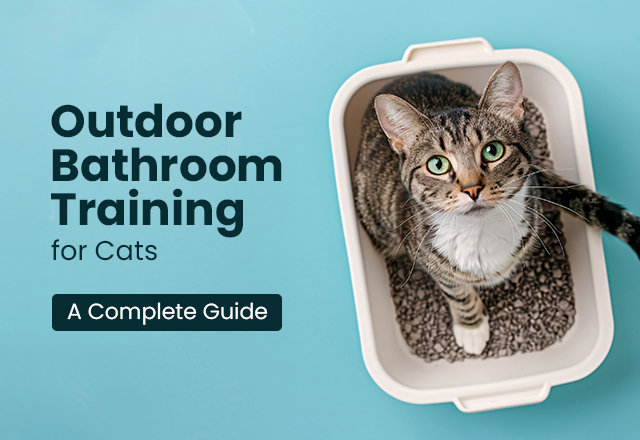
We wouldn’t disagree that cat litter is indeed a great product and makes it easy for cat parents to manage their feline baby’s ...
Pawsandpaws | Mar 31, 202510 Must-Know Tips for Training Your Golden Retriever

Golden Retrievers are one of the most lovable dog breeds and are widely preferred by dog parents for being people-oriented and having gentl...
Pawsandpaws | Mar 04, 2025
